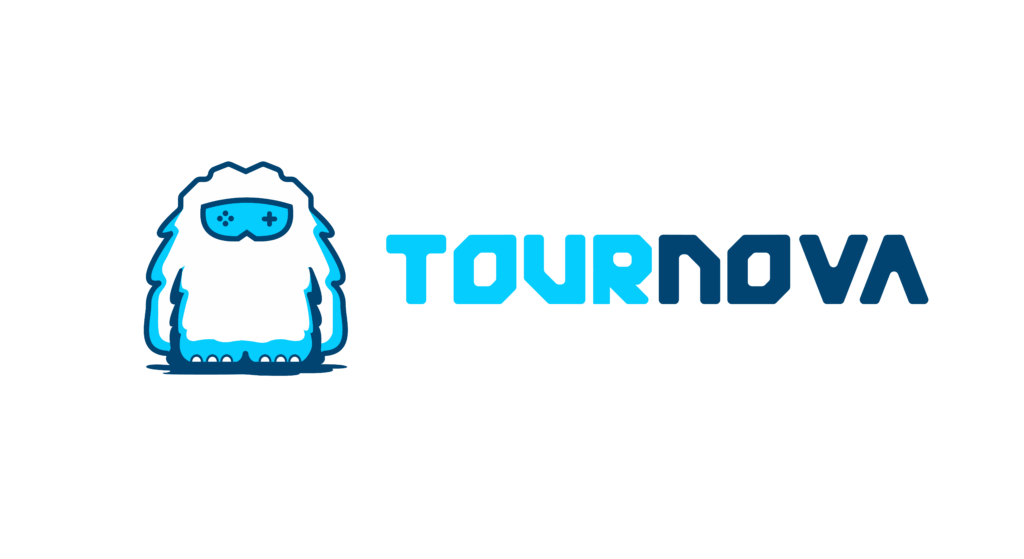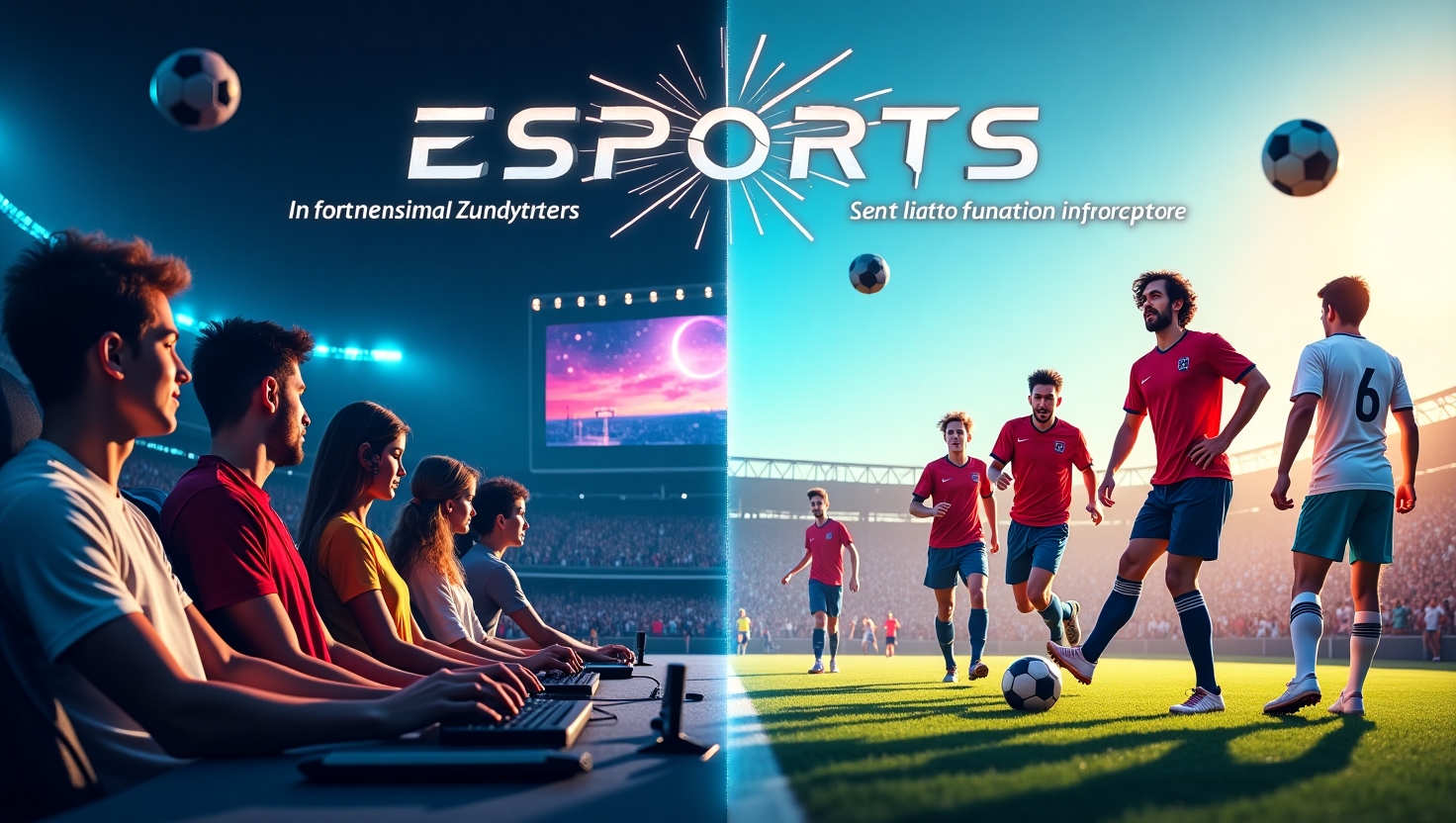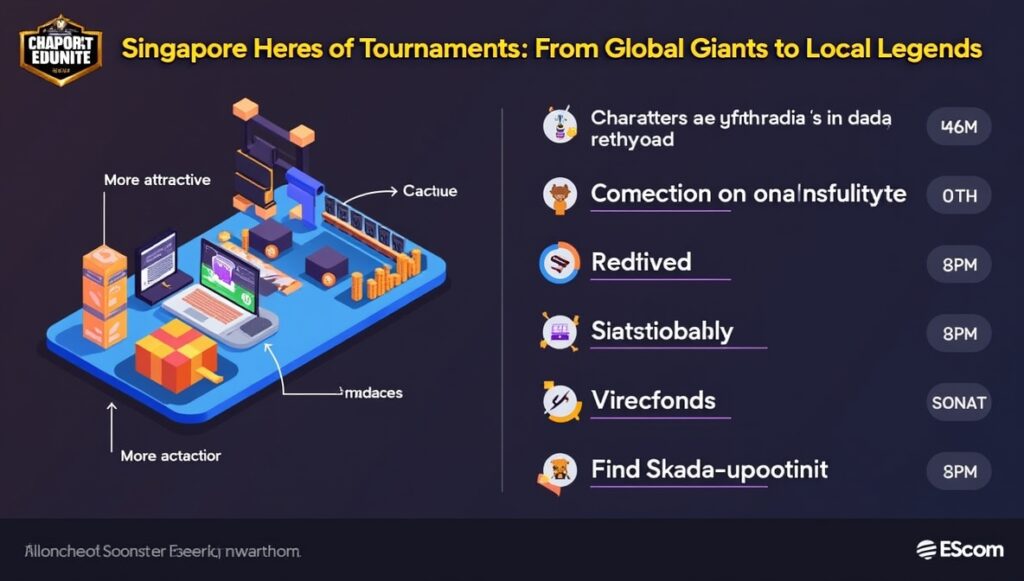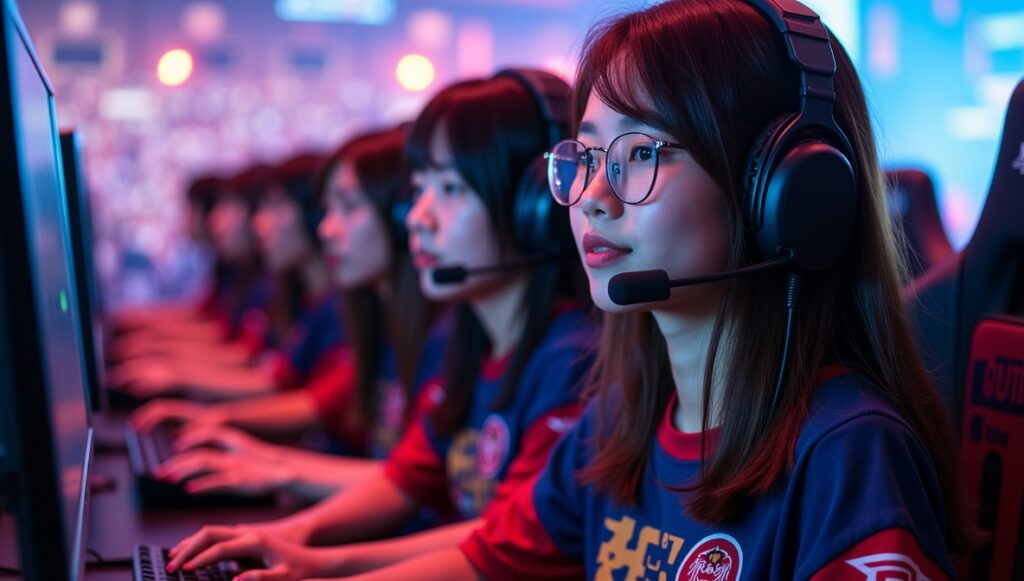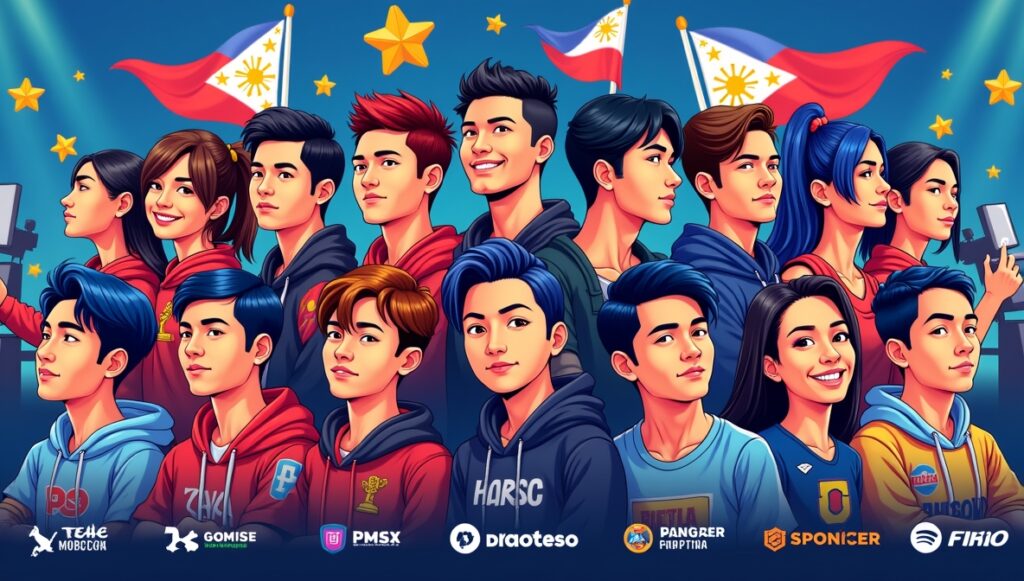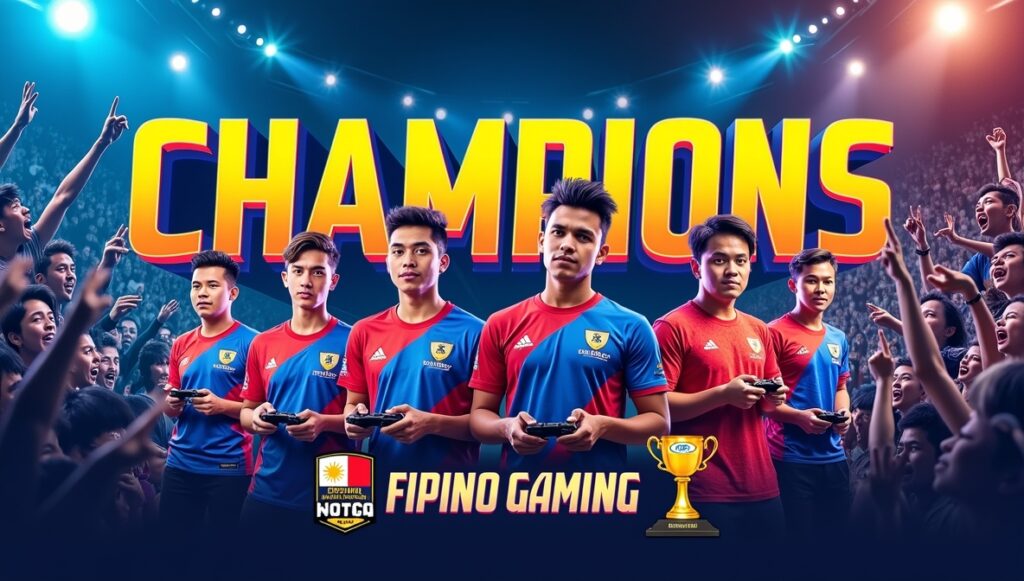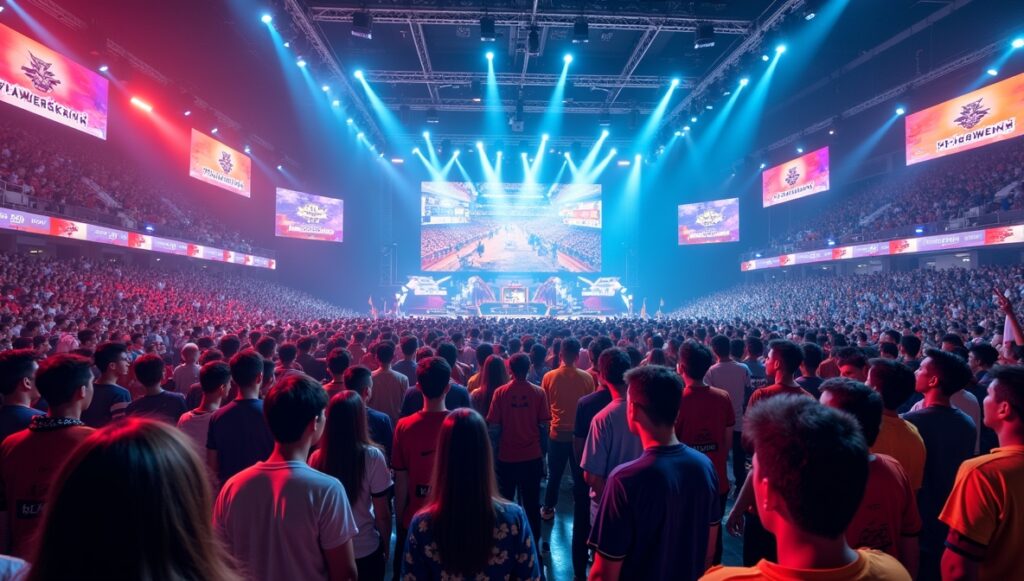There are moments you can feel the room vibrate with pure excitement, whether you’re clutching a worn jersey at a packed stadium or scrolling Twitch chat as a million fans cheer in unison. I always thought nothing could rival the chaos of a football final, until I experienced an esports grand final with my headphones shaking from all the virtual applause. It’s wild: two worlds, once separated by the weight of tradition and pixels, now staring at each other across the thinnest of lines. Let’s open the gates to the world of Esports vs Traditional Sports: Where Do the Lines Blur? If you’ve ever wondered why parents and kids argue about which is “real sport,” or why industry giants are scrambling for crossover deals, you’re not alone. These two titans now sit at the same lunch table, sharing fans, sponsors, and even the same stadiums.
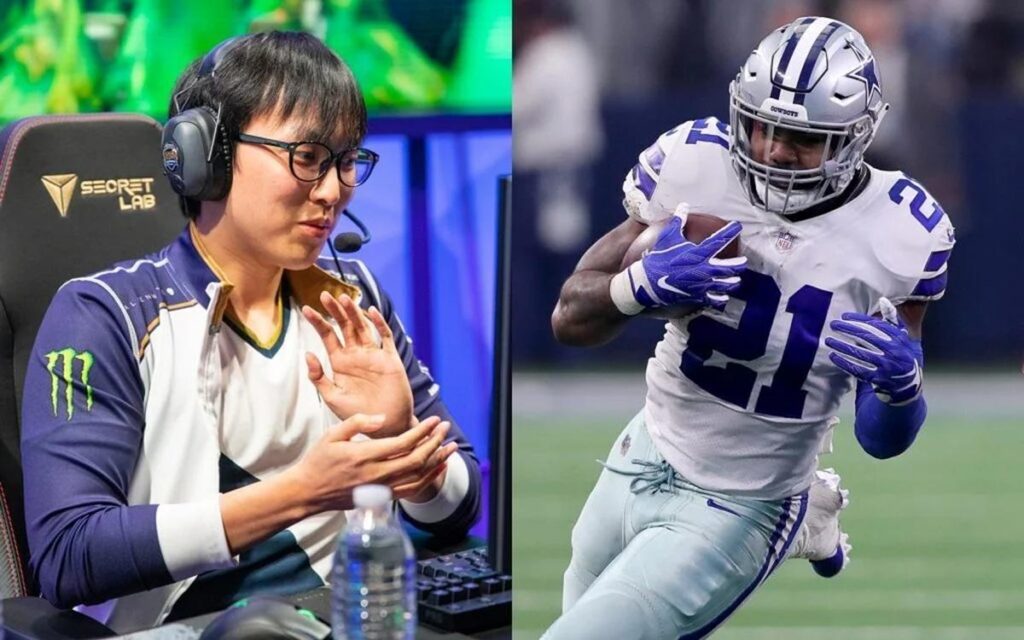
1. Esports vs Traditional Sports: Where Do the Lines Blur?
At first glance, it’s easy to spot the differences: balls versus keyboards, grass stains against blue light. Yet, esports simply means organized, competitive video gaming; think of tournaments like League of Legends Worlds, CS2 Majors, or the sprawling arenas of PUBG Mobile Super League. Traditional sports are the classics: football, basketball, tennis, cricket… activities with decades (sometimes centuries) of ritual, rules, and record-book moments.
So, why is the comparison louder than ever? That’s simple: both boast terrifyingly skilled players, loyal fans, giant TV deals, and now, similar dreams; whether it’s a championship ring or a world trophy. From boardrooms to barbecues, people are debating whether esports deserve a seat at the sports table. The reason? They’re battling for attention, money, and, crucially, your passion.
2. The Core Competitions: What Defines ‘Sport’?
Cheering in a roaring stadium feels electric, no matter if the “goal” is a slam dunk or a five-man ace on Inferno. When it comes to Esports vs Traditional Sports, the core is the same: mastery, competition under defined rules, and thrilling an audience. Esports might seem virtual, but make no mistake: the competition is just as intense.
When friends argue, “Can esports really be considered sports?” I always ask them to watch an esports final. You’ll see strategy, split-second decisions, teamwork, and heart-stopping moments. Just as basketball has drawn-up plays and chess-like counters, League of Legends teams spend countless hours studying opponents and perfecting their map rotations. Even the trash talk and mind games are shared across both arenas.
As for video games being “just entertainment,” well, nobody calls Serena Williams’ matches “just a fun pastime.” Skill, training, and public spectacle; these are boxes both worlds tick without hesitation.
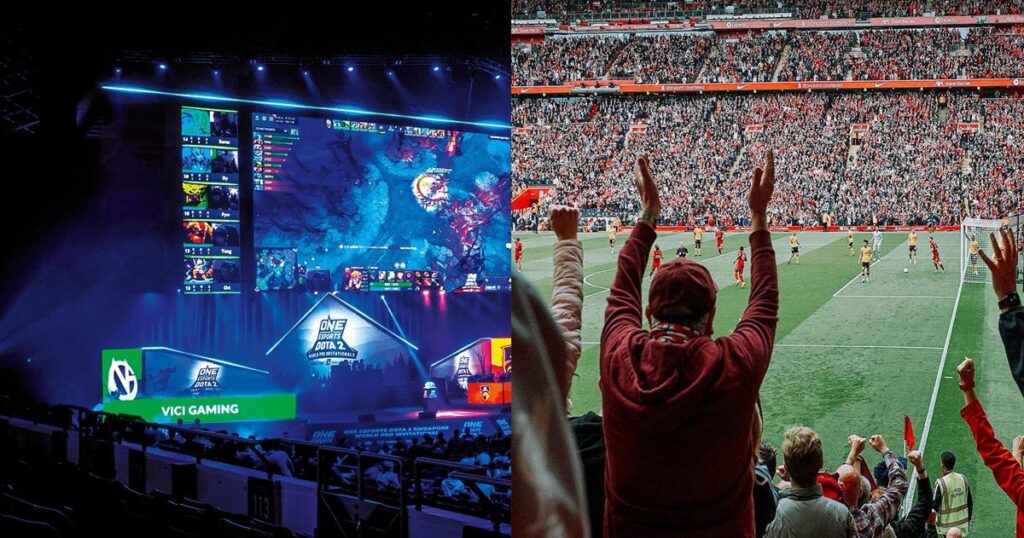
3. Training and Preparation: Athletes, Mindsets, and Methods
When I first peeked into an esports bootcamp, I was floored; not just by the number of screens, but by the discipline. Pro gamers practice for 8-12 hours daily, focusing on tactics, reaction time, and mental resilience. Nutritionists, psychologists, and physical therapists are standard fare now, not just locker room rumors.
When comparing Esports vs Traditional Sports, traditional athletes devote years to developing physical prowess, while esports stars rely on frighteningly quick reflexes and mental stamina. Both must overcome burnout, manage nerves on stage, and recover from setbacks quickly. In fact, many top esports organizations now schedule regular gym time to help with posture, stamina, and injury prevention; hand and wrist health is their version of hamstring care.
Does fitness matter in esports? Absolutely; top-level play demands laser focus, endurance, and physical wellness (even if it’s more about neck exercises and less about mile-long sprints).
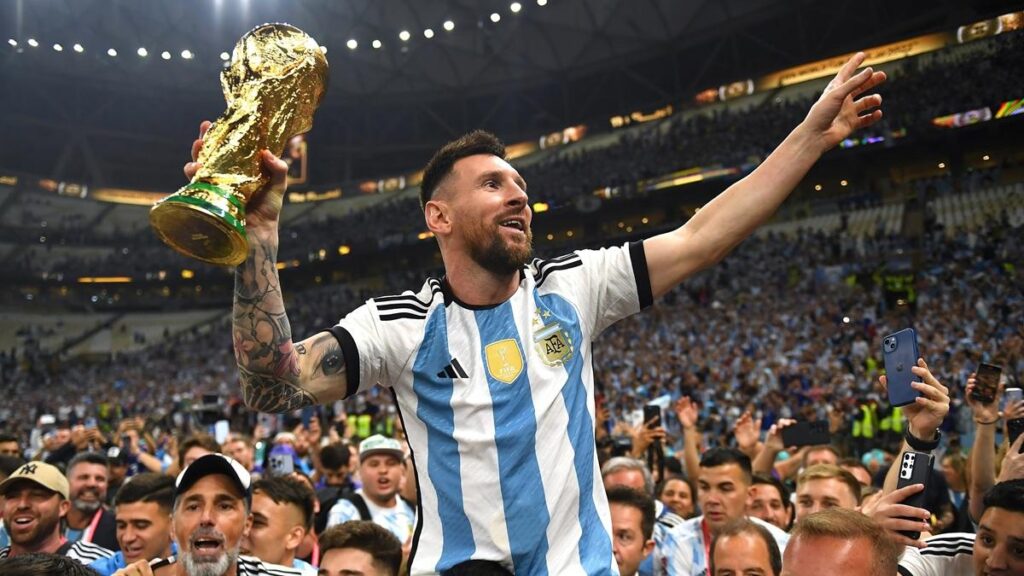
4. Venues, Audiences, and Spectacle: From Stadiums to Streams
Once upon a time, I believed nothing could shake a city like matchday traffic before the big game. But seeing streams of fans in cosplay pour into a League of Legends Worlds final at Paris’ AccorHotels Arena changed my mind. Esports venues have evolved dramatically: from basement LAN parties to sold-out stadiums and Olympic-class production, these events blend the pulse of live sports with tech wizardry.
When comparing Esports vs Traditional Sports, both worlds have their own unique ways of engaging fans. Sports TV has its pre-game hype and halftime shows, but esports invented digital engagement; Twitch chat memes, live team cams, and crowd polls. Esports events now pull tens of millions of online viewers (LoL World 2023: over 6 million peak), closing in on NFL and NBA finals. Meanwhile, traditional sports keep filling arenas, but esports fans are building their own rituals, merch, and tailgates, online and offline.
Loyalty in both realms? It’s tribal, and the craving for belonging is real. Whether you’re singing club songs or spamming PogChamp, you feel like part of something.
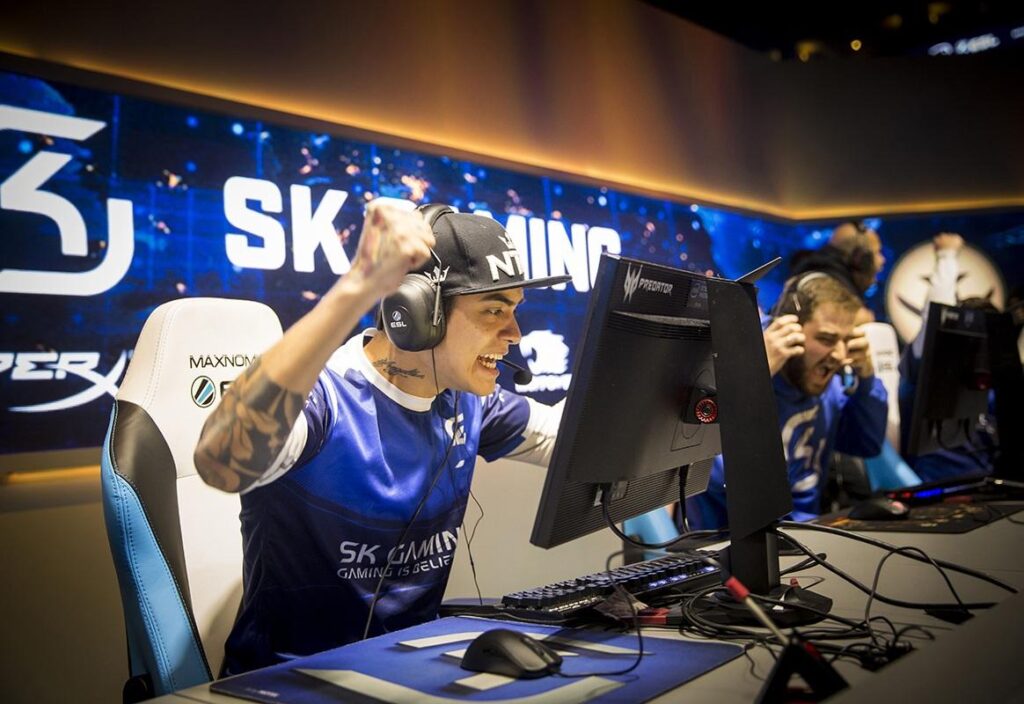
5. Star Power and Identities: Heroes, Rivalries, and Fandom
Heroes are born everywhere: a bicycle kick in the Champions League, a 1v4 clutch in Counter-Strike. Today, players like Messi and LeBron James command the globe’s attention, but so do esports legends like Faker (League of Legends), ZywOo (CS2), or TenZ (Valorant). They’ve got their own signature moves, wild hairstyles, and legions of fans tattooing their logo.
In the ongoing conversation about Esports vs Traditional Sports, fans now follow not just skill but story: a rags-to-riches journey or a heart-wrenching defeat at Worlds. Social media breaks down barriers like never before; esports pros stream their scrims, joke with fans, and meme their rivals in real time. Meanwhile, traditional sports legends have jumped into the mix, livestreaming gaming sessions and investing in esports organizations. The lines between hero and influencer are blurring; a Messi tweet or a s1mple highlight can crash the internet, showing just how intertwined these worlds have become.
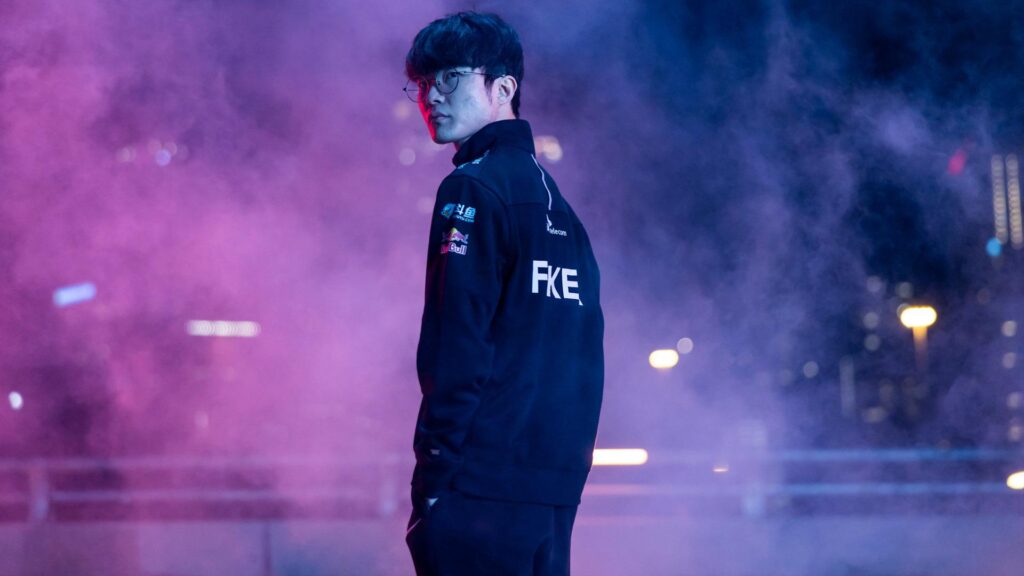
6. Money, Sponsors, and Industry Growth
The numbers are eye-popping. Top footballers and golfers rake in tens of millions; a few even enter billionaire territory. Meanwhile, esports prize pools and contracts have exploded: The 2023 Dota 2 International prize pool peaked at $3 million, and streamers like Ninja or Pokimane make small fortunes through brand deals.
Revenue in both sectors flows from sponsorships, media rights, merchandise, and fan events. Sports giants like Nike and Mercedes now back esports teams, and gaming brands, hello, Red Bull or Logitech, appear on traditional race cars and stadium billboards. Will esports pros ever outearn Messi or Mahomes? Maybe not yet, but the gap shrinks every year.
As for investors, everyone from Hollywood stars to football clubs now owns a stake in esports. For many, it’s the future of fandom.
7. Challenges and Controversies: Acceptance, Health, and Fair Play
Yet, the journey isn’t without bumps. In the Esports vs Traditional Sports debate, traditions run deep, and old stereotypes die hard: “Real athletes sweat; gamers just sit.” The Olympic question still rages, with analysts and health experts weighing the physical and social costs of screen time. But across both arenas, pro players face mounting pressure: burnout, online harassment, and, unfortunately, the shadow of cheating. Whether on a field or in front of a monitor, the demands are real, and the stakes are only getting higher.
Doping scandals aren’t just for cyclists; esports deals with stim bans and software cheats. Governing bodies like the Esports Integrity Commission and WADA in sports coordinate to keep the playing field level. Both worlds also struggle with mental health; struggling pros from either discipline now speak out about anxiety, depression, and the need for better support networks.
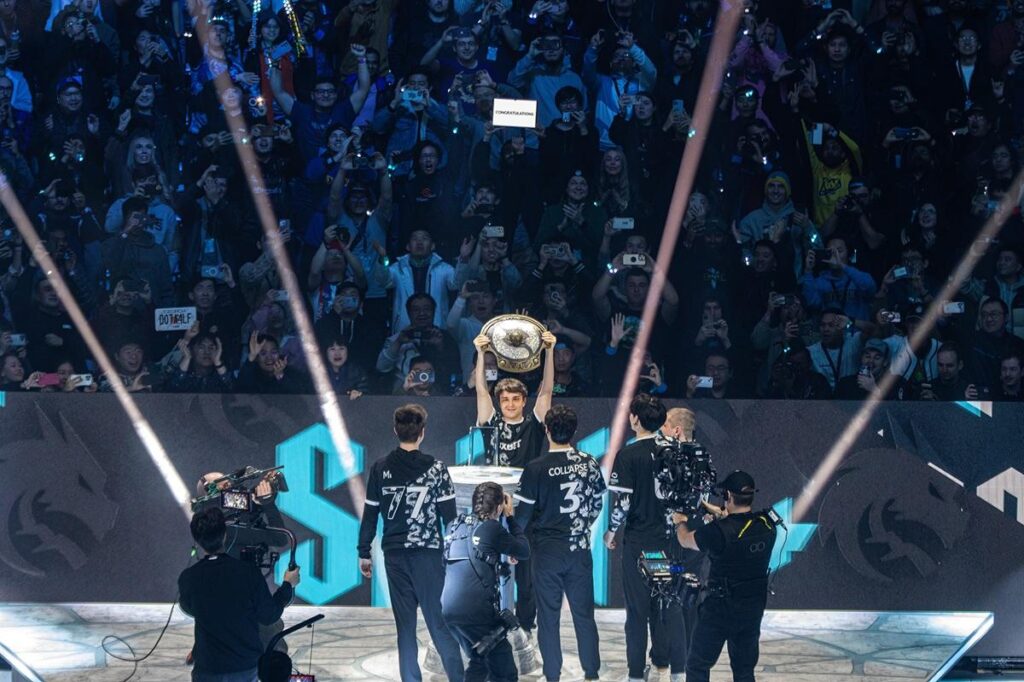
8. Where the Worlds Meet: Collaboration, Crossover, and Future Trends
In recent years, I’ve been amazed watching NBA players launch their own esports teams, or Formula 1 stars entering virtual races. Manchester City owns a FIFA esports roster; Shaquille O’Neal invested in NRG Esports; and athletes like Gordon Hayward and Neymar regularly break Twitch viewership when gaming.
Hybrid events (like the ePremier League or F1 Esports Series) blur the lines in the ongoing Esports vs Traditional Sports conversation, inviting fans to cheer for their favorite club both online and on the pitch. Esports leagues copy TV graphics and mascots from sports, while trainers run fitness camps within VR games. The old boundary between athlete and gamer gets fuzzier each year; soon, maybe, we’ll stop asking where the line is and start celebrating the blend.
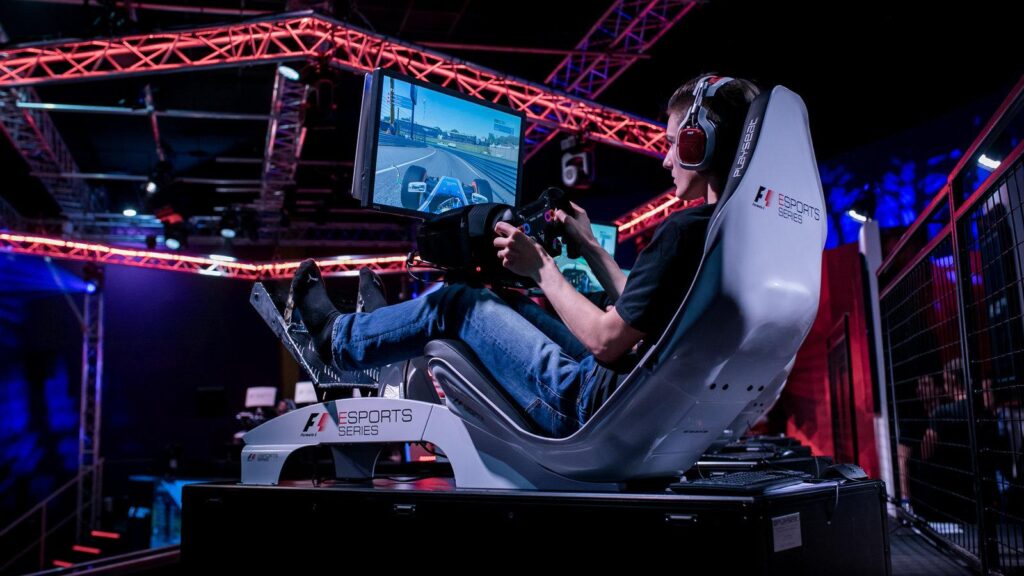
Bridging Realms: How Tournova Powers the Next Generation of Competition
As the lines between esports and traditional sports keep blurring, Tournova stands out as a platform that meets the needs of both worlds: structure, excitement, and genuine community engagement. With tournament tools built right into Discord and Telegram, Tournova makes it easy for anyone, whether you’re coming from a football pitch, a gaming rig, or both, to launch and organize tournaments around their favorite games. Automated bracket management, fast player matching, and clear prize distribution mean every event (big or small) can channel that same electrifying, stadium-filling energy discussed in the article.
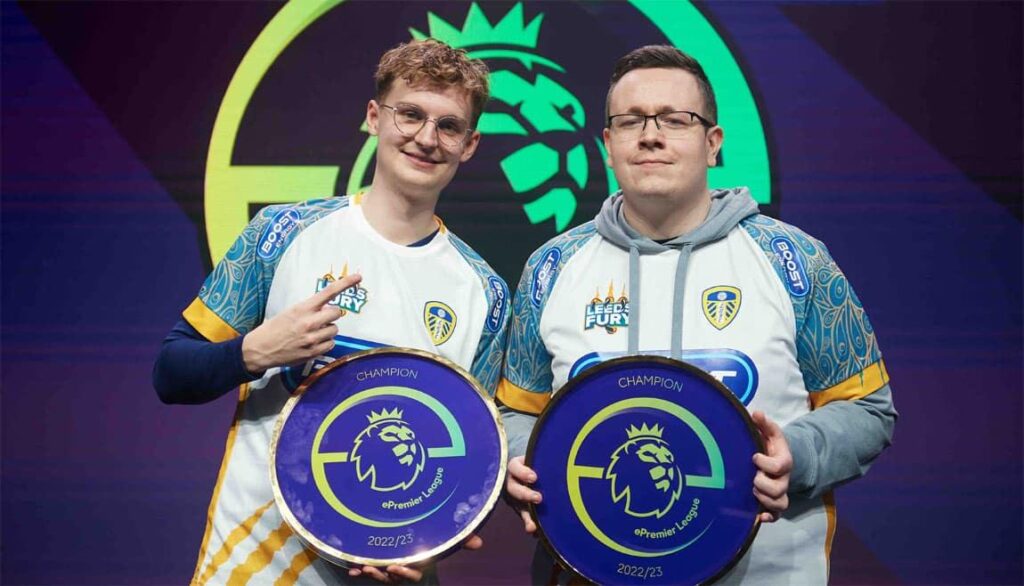
But Tournova goes a step further by weaving a token-based reward system that captures what fans love most in both arenas: recognition, progression, and reward for passion. Players and organizers earn tokens for participation, climbing leaderboards, or completing in-platform challenges, mirroring everything from MVP trophies to fantasy league glory. These tokens unlock special tournaments, digital collectibles, or unique features, making every competition more rewarding, no matter if you’re hyping up for a digital derby or a grassroots IRL showdown. In a world where fandom and competition know no boundaries, Tournova gives new and old fans alike the tools to celebrate, participate, and connect across both sports traditions and digital frontiers.
9. Final Word: Why the Debate Matters (and Why Fans Win)
If I’ve learned anything watching these worlds collide, it’s that competition brings out the best in us. Both esports and traditional sports demand skill, storytelling, sweat, and occasionally, tears. By comparing, sometimes clashing, and always learning from the Esports vs Traditional Sports dynamic, we make room for more fans, more magic, and more unforgettable nights. So, if you haven’t yet, give each a shot: play, watch, cheer, and see where your passion fits. In the end, the only true winner is anyone who loves the game, no matter the game.
FAQ
1. How do traditional sports organizations select which games to support in esports?
Many factors in audience size, similarity to their existing sport (like NBA teams joining NBA2K leagues), and growth potential before launching a division.
2. Are there full university scholarships for esports like in traditional sports?
Yes, hundreds of universities globally now offer scholarships for top-tier esports players in games like League of Legends, Overwatch, and Rocket League.
3. Can fans participate in both esports and traditional sports communities without backlash?
Absolutely; many fans bridge both worlds, joining team Discords and attending stadium matches. Most communities welcome anyone who brings hype and respect.
4. Which government bodies are involved in regulating esports at an international level?
Groups like the International Esports Federation (IESF), Esports Integrity Commission (ESIC), and national sports authorities work to standardize rules, anti-doping, and safe competition worldwide.
Infographics:
Esports vs Traditional Sports: Where Do the Lines Blur?
—
What’s the Debate?
– Esports = organized, competitive gaming (LoL, CS2, PUBG Mobile).
– Traditional sports = classics like football, basketball, and tennis.
– Both command giant crowds, skilled pros, massive sponsorships, and your undivided passion.
—
Skill & Competition
– Both arenas thrive on strategy, teamwork, and pressure-packed moments.
– Esports matches can rival any stadium final for adrenaline and drama.
– Physical prowess vs razor-sharp mind & reflexes; both demand top-tier talent.
—
Training & Preparation
– Pros in both fields train daily; think mental coaching, nutritionists, and gym time.
– Esports stars master reflexes, focus, and tactics; physical athletes hone strength and agility.
—
Venues & Audiences
– Packed stadiums, colossal online viewership, and wild fan rituals define both worlds.
– Streams, memes, and live polls amplify the esports spectacle.
—
Fame & Industry Growth
– Icons like Messi, Faker, LeBron, and ZywOo spark global rivalries.
– Mega-money, sponsors, from Nike to Red Bull, fuel rapid growth in both sectors.
—
Where They Meet
– Crossover events, pro athletes as esports owners, and shared stadiums blur the lines.
– Fans win: more access, stories, and unforgettable moments.
